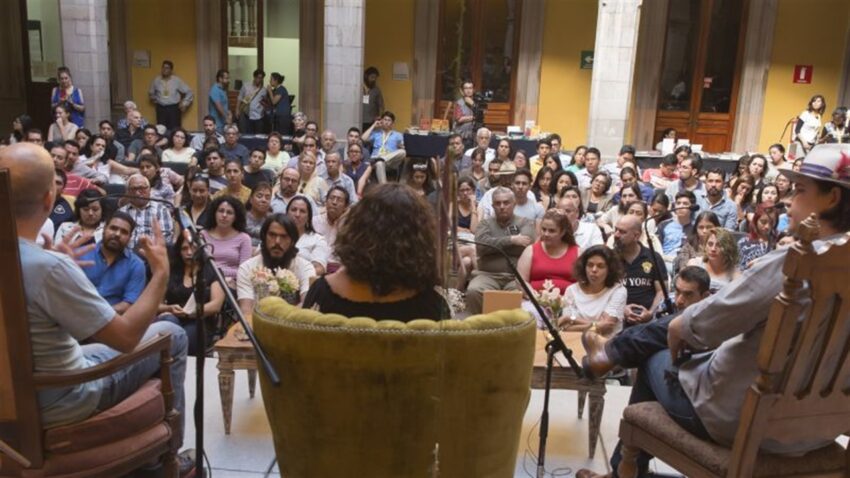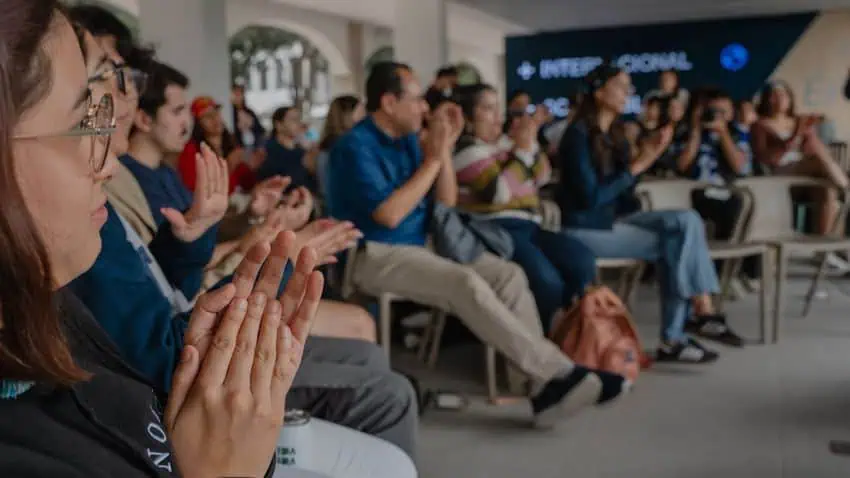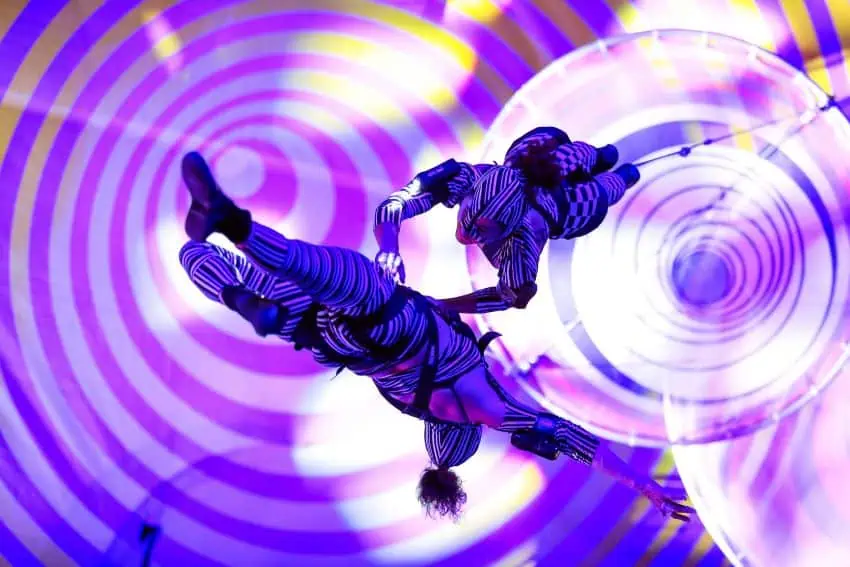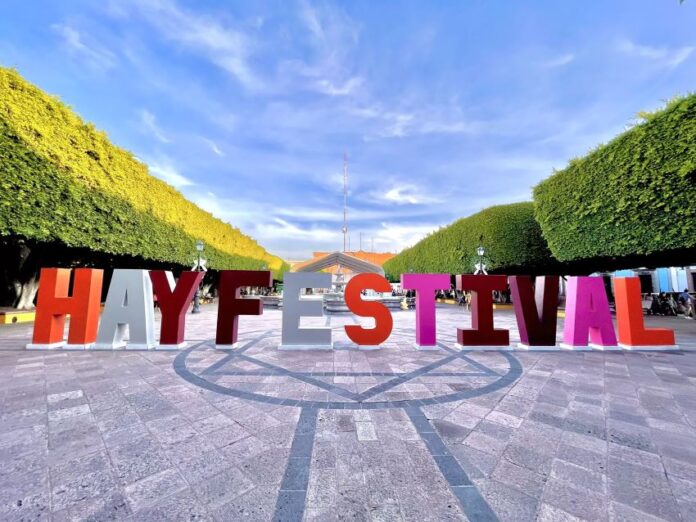For International Coordinator Izara García Rodríguez, this September will mark a proud milestone as the city of Santiago de Querétaro prepares to host the tenth edition of Hay Festival Querétaro.
From September 4 to 7, venues across the city — including the Teatro de la Ciudad, Universidad Anáhuac, Museo de la Ciudad and Jardín Guerrero — will be transformed by a dynamic and inspiring program of nearly 70 different events, including speeches, workshops, concerts and lectures, featuring experts in literature, visual arts, science, environment, cinema, music, human rights and journalism.

Accumulating diverse voices through an artfully curated program, the Hay Festival offers a stimulating platform for debate and discussion that addresses the major challenges of our era and opens a window to new possibilities.
Originating in the picturesque United Kingdom town of Hay-on-Wye in 1987, the Hay Festival has become synonymous with a celebration of the arts, ideas and literature. The event was once described by attendee and former US President Bill Clinton as “a Woodstock of the mind.” The festival has since grown to develop an international footprint, with a series of events spanning 30 countries across five continents and reaching a global audience of millions through the Hay Global charitable initiative.
Describing itself as “the antidote to polarization,” the festivals pride themselves on inclusivity, diversity and accessibility through delivering one-of-a-kind events that showcase the power of stories and ideas through both local and international literature, debate, cultural exchange, education and development.
The festivals have amassed serious cultural prestige in the Spanish-speaking world in particular, consolidating innovators and influential voices through inspiring events in host cities including Seville and Segovia in Spain, Medellín in Colombia and more. In her role as International Coordinator, Izara herself oversees three international festivals across Latin America, hosted in Cartagena (Colombia), Arequipa (Peru) and, of course, Querétaro. Over the years, she has witnessed these festivals evolve into what has been described as “one of the most important cultural encounters of the Hispanic world.”

Since 2015, Querétaro has provided the perfect backdrop for the event as a state capital with a rich cultural history: the city’s historic center, a UNESCO Heritage site, is the location of the Teatro de la República, where Mexico’s current constitution was signed in 1917. In addition, it boasts a vibrant cultural community, with bookshops, libraries, indie publishers and a network for independent theaters. Home to more than 10 universities and located right in the middle of Mexico, good transport links for national and international travel make Querétaro the perfect location for a cultural festival. Consequently, the past decade has seen the festival flourish in line with the city’s growing reputation as a hub for literature and cultural exchange.
“I would proudly say that Hay Festival has contributed to this reputation, alongside many other cultural festivals happening across the year,” says Izara. This, combined with a strong local footprint of independent bookstores — including two of Izara’s favorites, Cafebrería Pessoa and Punto Y Coma — and a fantastic array of quirky cafes and creative events, cement Querétaro’s place as a center for bibliophiles, writers and thinkers.
“Hay Festival has become an annual fixture of the cultural calendar of the country, thanks to collaboration with many organizations, public and private, civic associations and individuals that have helped us to build what the festival is today,” the festival coordinator continues.
“We like that, despite being a big city, it still has a small town feel. A lot of the events happen in the city center, where you can walk from venue to venue, and the hospitality capacity, including hotel rooms and transport links, etcetera, is great.”
The festival’s tenth edition follows the central theme of Constellations, which aims to foster conversations across various disciplines spanning the environment, democracy and current affairs, music and literature.
With a stellar line-up, some of the starring speakers due to feature this year include the British novelist Deborah Levy, Canadian journalist John Vaillant and Colombian writer Juan Gabriel Vásquez. Other notable participants include the Mexican actor, director and activist Diego Luna, archeologist Eduardo Matos Moctezuma, Afro-Mexican writer and antiracist educator Jumko Ogata, journalist Yuriria Sierra, astrophysicist Julieta Fierro and English musician Glen Matlock, best known as the former bass guitarist for British punk rock legends The Sex Pistols. A host of other speakers can be fully explored in the online program.

For younger visitors, the Hay Festival Comunitario offers a program of free and open-entry interactive activities for children, young people and adults, while Hay Festival Joven is exclusively aimed at the university community. Here, students can access a wealth of events entirely for free, until full capacity is reached.
With another mammoth year of events waiting in the wings, the future shows no signs of slowing for Hay Festival Querétaro, as the event continues to put Mexico on the global map as a haven for lovers of literature, thought and debate.
Phoebe Harper is a freelance journalist.
